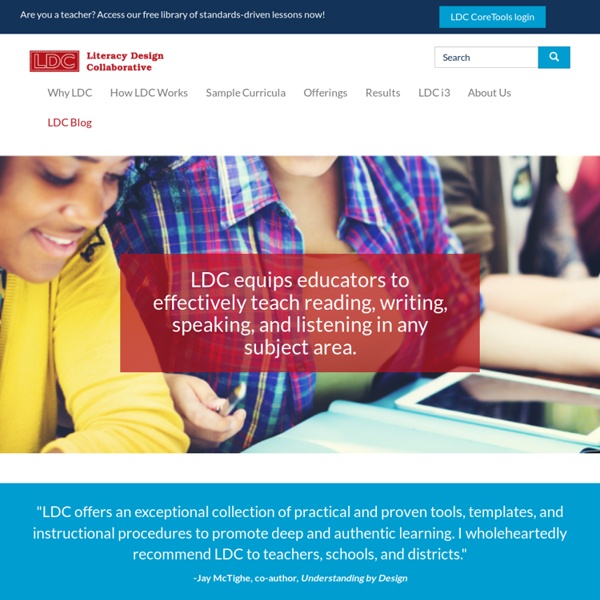



Using Playlists to Differentiate Instruction Listen to my interview with Tracy Enos or read the transcript here. Podcast: Play in new window | Download (Duration: 44:52 — 62.0MB) Subscribe: iTunes | Android | Novel HyperDocs: 25 ready to use units for your class - Ditch That Textbook Novel HyperDocs are the brainchild of Heather Marshall when, after discovering HyperDocs (created byLisa Highfill, Kelly Hilton, and Sarah Landis), she decided to ditch the whole class novel and create interactive HyperDocs filled with paired texts, engaging media and interactive activities. Back in 2015, Heather shared her Novel HyperDoc for The One and Only Ivan which she created for her middle school English students. She shared this amazing resource for free through Twitter using the hashtag #TsGiveTs which promotes and supports teachers sharing resources with one another for free. Since then many others, including myself, have created and shared novel HyperDocs to use with grades ranging from 2-12. Like Heather's these units are completely free and filled with tons of resources to guide you and your students through a literary journey.
Microsoft's Radical Bet On A New Type Of Design Thinking On one otherwise unremarkable day in May 2013, August de los Reyes fell out of bed and hurt his back. Forty-two years old at the time, he was just six months into his dream job at Microsoft: running design for Xbox and righting a franchise that was drifting due to mission creep. At first, de los Reyes was worried that the fall was serious; he went to the ER and was assured that he was fine. Yet several hospital trips later, he found himself undergoing emergency surgery.
Results on ReadWriteThink Home › Results from ReadWriteThink 1-10 of 70 Results from ReadWriteThink Sort by: Classroom Resources | Grades 3 – 10 | Lesson Plan | Standard Lesson A Case for Reading - Examining Challenged and Banned Books Students examine books, selected from the American Library Association Challenged/Banned Books list, and write persuasive pieces expressing their views about what should be done with the books at their school. Classroom Resources | Grades 6 – 8 | Lesson Plan | Standard Lesson A Directed Listening-Thinking Activity for "The Tell-Tale Heart" What's that sound? UDL Versus Traditional Classrooms Tutorial Download PDF In this tutorial, we'll take a look at some of the differences between the traditional classroom environment and the environment in a classroom that embraces universal design for learning. We'll focus on four areas of differences-- student learning needs, student learning styles, classroom instruction, and assessment. Let's get started. First, how are differences in student learning needs addressed in the two different types of classrooms?
5 Tips for Designing Asynchronous or Remote Learning While real-time class time is often most familiar and preferred, it’s not always realistic given home circumstances. Rather than thinking about learning as something that always has to happen together in a classroom or even “together” online, virtual learning provides us with a wonderful opportunity to rethink personalized learning through asynchronous teaching (translation for my friends who are new to virtual learning: asynchronous just means the learningdoesn’t happen all at the same time). So here are some best practices to consider as you create these learning experiences for your students: 1.
Has educational neuroscience actually had an impact on education so far? The last reason is that there are certain basic cognitive skills that need to be developed. It is, of course, important to teach content, but an educator also has to be mindful of the ways in which he or she teaches that content. We have to try to strengthen the basic skills that are necessary for learning. This concept – that the brain gets strengthened or reinforced through practice – is very important, and of course many teachers understand this, but it’s more than just practicing learning content. There is some evidence that practicing attention can actually improve attention, for example.
40 Viewing Comprehension Strategies 40 Viewing Comprehension Strategies: Watching Videos Like You Read A Book by Terry Heick You can’t watch a video like you read a book; the modalities couldn’t be more different. On the surface level a video uses light, color, sound, and moving images, with the potential for adding text and shape and color and light filters as overlays to communicate ideas, while the most basic text structures use alphanumeric symbols, paragraph and sentence structure, and an assortment of text features (e.g., white space, headings and subheadings, fonts, etc.) to convey their message. There is much, much more to it than this. Videos are meant to be consumed in short bursts, while literature, for example, is meant to be ‘sat with.’
MyWays Learning MyWays Design for learning that leads to richer, deeper success for today’s students *Beta site